Journalist-poet Nguyen Sy Dai wrote the poem “Journalist” when he was working at the weekend section of Nhan Dan Newspaper. Perhaps the poetic quality in his journalistic personality created a humorous but also deeply emotional poetic voice when portraying a journalist with the busiest daily tasks in the era of rapidly updated information.
He spoke with so much sympathy and sincere sharing: "Not everyone owes money/Some people and others are jostling each other/Worrying about pages and words more than worrying about wives" . With just two verses, he summarized the daily work of a journalist: "Going to the district to roll up your pants to discuss the structure/Going to the forest to swing your pen to protect the environment" as a complete antithetical couplet, a confident initiative.
Poet Uong Thai Bieu is also a journalist. Journalism has given him life experiences, challenges and ultimately profound self-criticism. The poem “Old Newspaper Pages” is a unique and good poem from an insider.
The old newspaper pages are things of the past, but behind them are still stories, fates, and circumstances that when faced, we are confronted with our conscience, which is tormented by: "Black letters on white paper/letters that crawl out to the margins" . When turning back to the old newspaper pages, journalists are filled with questions, predictions, and imaginations: "Where is the person who signed now/I have never met that person" .
It can be said that the old newspaper pages have been self-examined and purified to the end when the journalist repeated: "The paper is white, the ink is black" . White paper and black ink are tools for writing daily newspapers, but white paper cannot leave black ink to write dark and false lines. The poem ends when the poet and journalist can examine and face the old newspaper pages themselves, which are still green and alive like grass, even though those newspaper pages have: "Years and months have turned yellow, the eternal color of the earth" , that has restored the eternal value of the old newspaper pages, recalling the past days with many passionate self-examinations.
Reporters of Quang Binh Newspaper and Radio and Television Station are working. Photo : MV |
In the same way of facing and questioning, journalist and poet Le Minh Quoc, who worked for many years at the Ho Chi Minh City Women's Newspaper, wrote the poem "Before a blank page" , as writer Nguyen Tuan once compared the work of a writer and journalist when "Sitting before a blank page is like sitting before a blank execution ground" , a execution ground of conscience facing oneself, the ethics of a journalist starting from the core quality of honesty, a journalist cannot "Make up stories and then embellish/How many fates die fresh?" .
Poetry about journalists is difficult because the emotional deposit here conveys many messages: "Sitting in front of a blank page/is facing life" . From his life experience in journalism, the poet questioned himself and had a dialogue to arrive at the noble human meaning of a journalist: "A flower has withered one day/A person is still a person for thousands of years" towards people, towards life.
Journalism often has a very important interview section when talking to its characters. Journalist Nguyen Minh Nguyen has a unique and very difficult poem, "A poem written from an interview question" , the poem is developed from the answer of Indian Prime Minister Gandhi. Her answer when asked by a reporter: "What is the most important thing in a politician" is very short, condensed like a philosophy of life, a message about humanity, a behavior about the East, which is "Compassion for people".
The beauty of the poem is the expression of sharing feelings and, more importantly, the poet's self-awareness as a journalist: "I am not a politician/A journalist's life has nothing but a pen/Trying to light up love" . Yes, that pen has: "Used the pen as a lever to change the regime" as the poet Song Hong (Truong Chinh) affirmed.
One must be brave, fair and honest with oneself to realize the harsh truth when a journalist has to face and witness: "Human love sometimes flickers / Extinguishes in parties / Extinguishes in indifference" . It is this indifference that has corrupted human love, so the journalist exclaimed: "Try to rekindle love" from the suggestion to spread the noble humanistic message of Indian Prime Minister Gandhi through an interview.
In the days leading up to the 100th anniversary of Vietnam Revolutionary Press Day, there is a permanent “red address” that we look to, which is the Truong Sa archipelago, the place at the forefront of the wind and waves, and that is also the spiritual support, an attractive topic that attracts journalists to work.
The poem “The Pen with Truong Sa” by journalist Nguyen Quoc Huy wrote about the image of journalists coming to Truong Sa through the image: The pen and the waves. The beauty and interest of the poem is the comparison: “The pen in his hand writes without blurring / Although the handwriting is crooked, the waves are messy and rolling” .
Here is a reality that the rolling sea makes the ship sway and the person falls, but the journalist's mindset positions a pen that is steady and sharp, highlighting the soldier's spirit of staying on the remote island. A constant question like a volunteer, a passion, a nurturing of love for the Fatherland, love for journalism: "Is there a wave in your heart - That wave of love for the Fatherland - That pen that never runs out of ink - From the journalist's heart with Truong Sa" .
Coming out of the fierce battlefield, in peacetime, journalists face everyday life, the harsh business world, sometimes having to pay with their own blood. The poem "Journalism" by journalist Trinh Thanh Hang was written for a reporter who was swept away by a flood while working. The poem's verse is beautiful and touching when the author chooses the words of a deceased child to his mother: "In the midst of a storm or beside a raging river/ I write this report honestly and quickly" , and: "Who would have thought that the flash flood would destroy everything/ Forever sweep me into the flow" .
And strangely, he did not say a word of complaint or regret, but stood up to encourage his mother: "Mom, don't cry, it's just my job/I'm burning myself out with my passionate journalism career" because he knew: "Only when you commit to journalism can you understand/Is it a job with bright eyes and a pure heart/A sharp pen to write reports for the community? An honest job is also a dangerous job".
Yes, journalism accepts many harsh risks but is also very proud as Uncle Ho affirmed: "Journalists are also revolutionary soldiers. Pen and paper are their sharp weapons" .
Nguyen Ngoc Phu
Source: https://baoquangbinh.vn/van-hoa/202506/tho-nha-bao-viet-ve-nghe-bao-2227174/


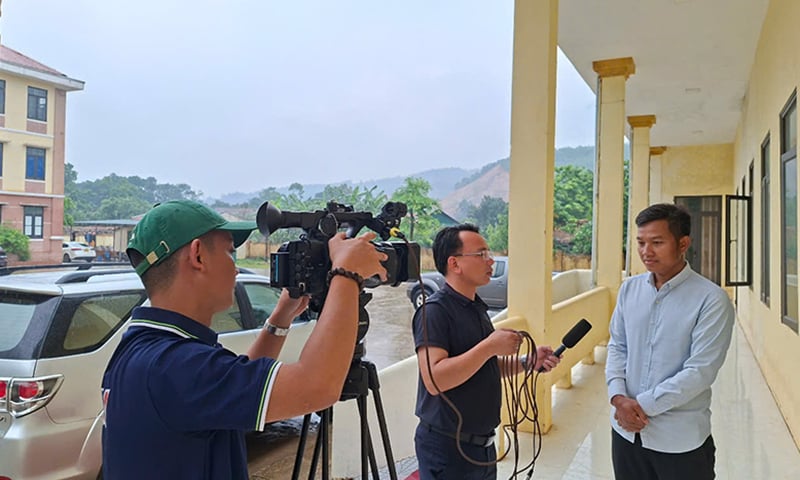





![[Photo] General Secretary To Lam chairs the 14th Central Military Commission Conference](https://vphoto.vietnam.vn/thumb/1200x675/vietnam/resource/IMAGE/2025/6/20/a9d25fc6dd664fb9a3757502f32e5db0)


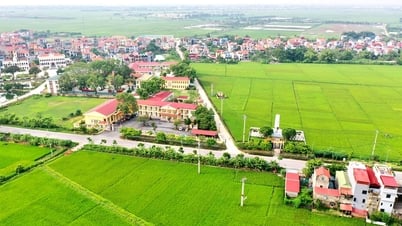













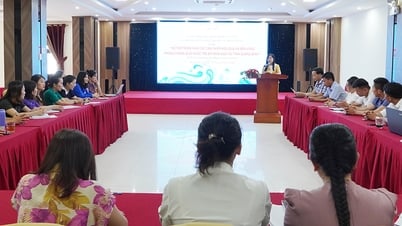

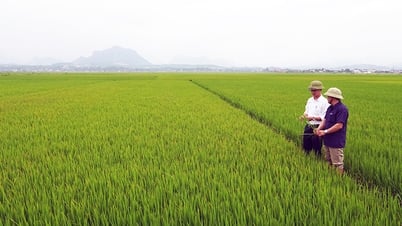



























![[Maritime News] Wan Hai Lines invests $150 million to buy 48,000 containers](https://vphoto.vietnam.vn/thumb/402x226/vietnam/resource/IMAGE/2025/6/20/c945a62aff624b4bb5c25e67e9bcc1cb)








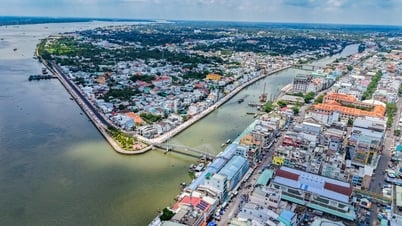

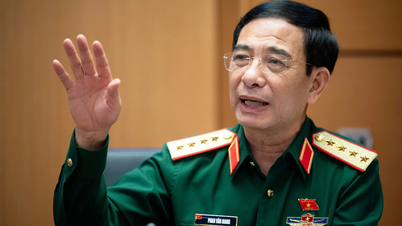





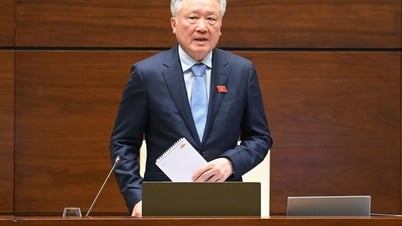


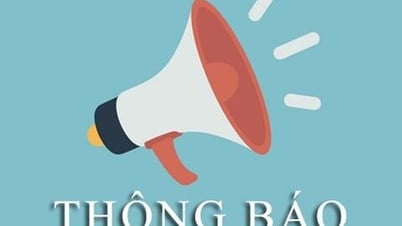























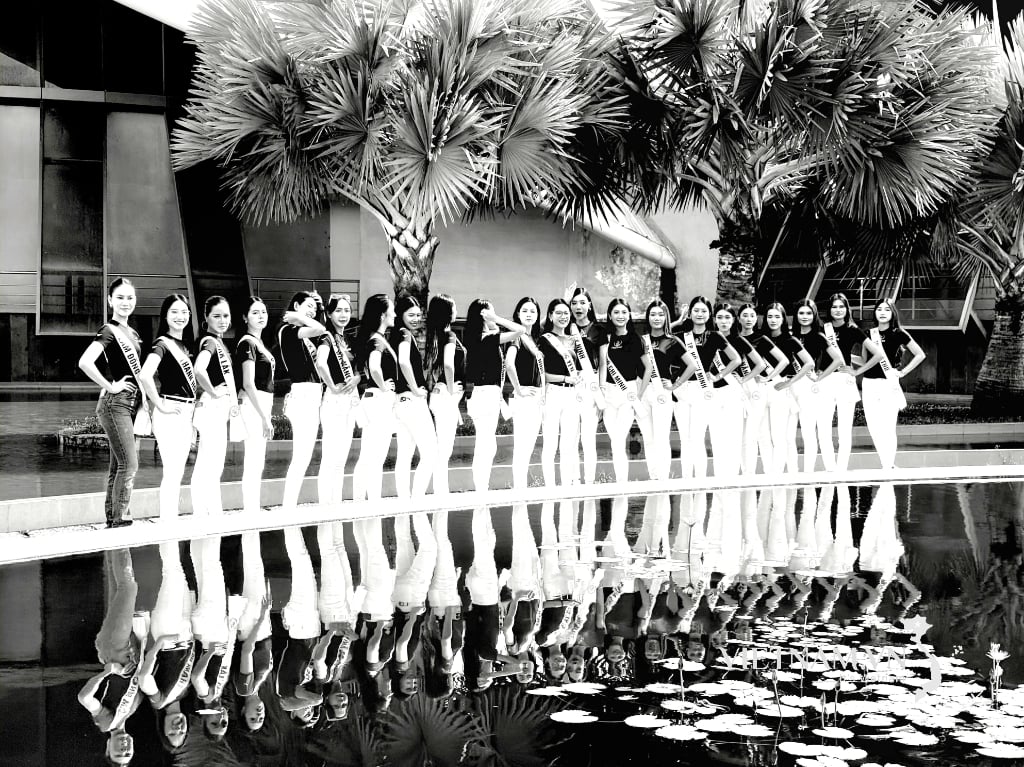
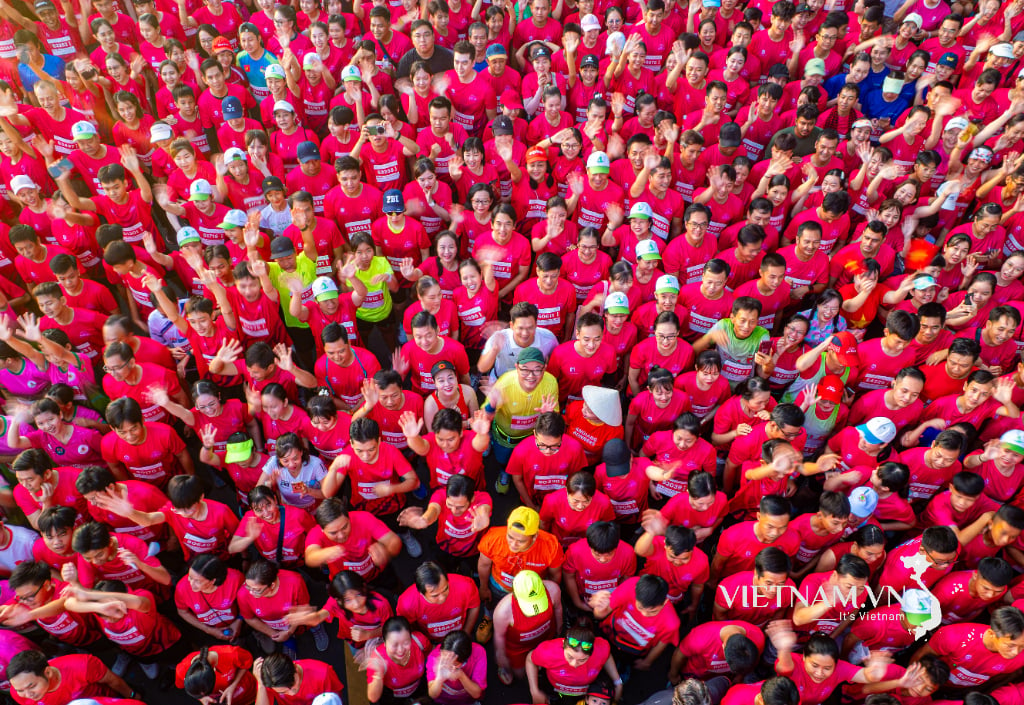
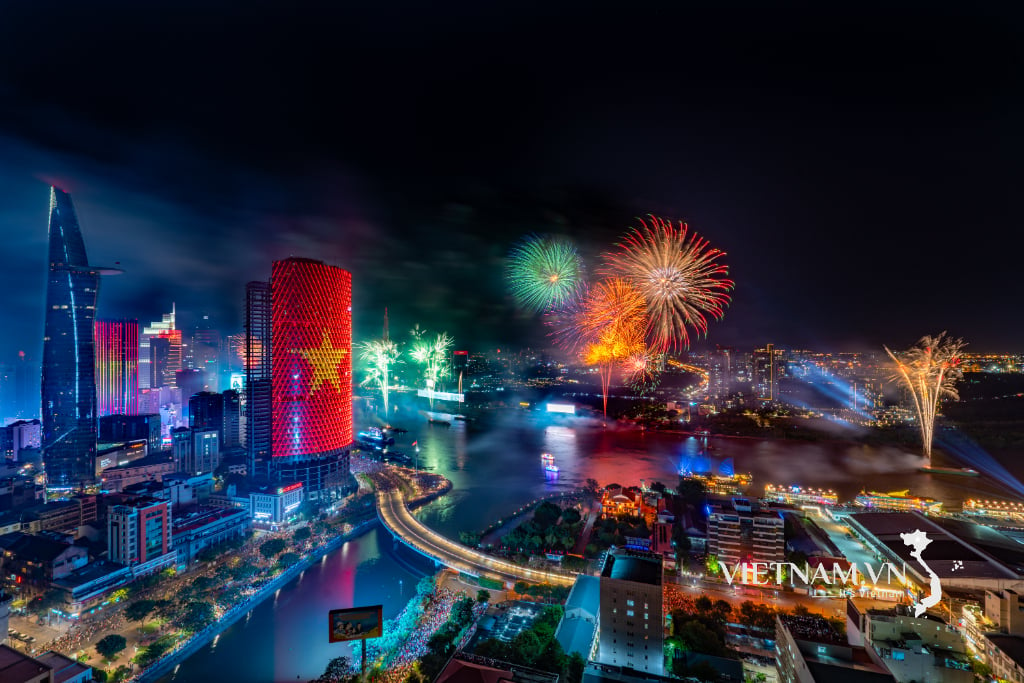
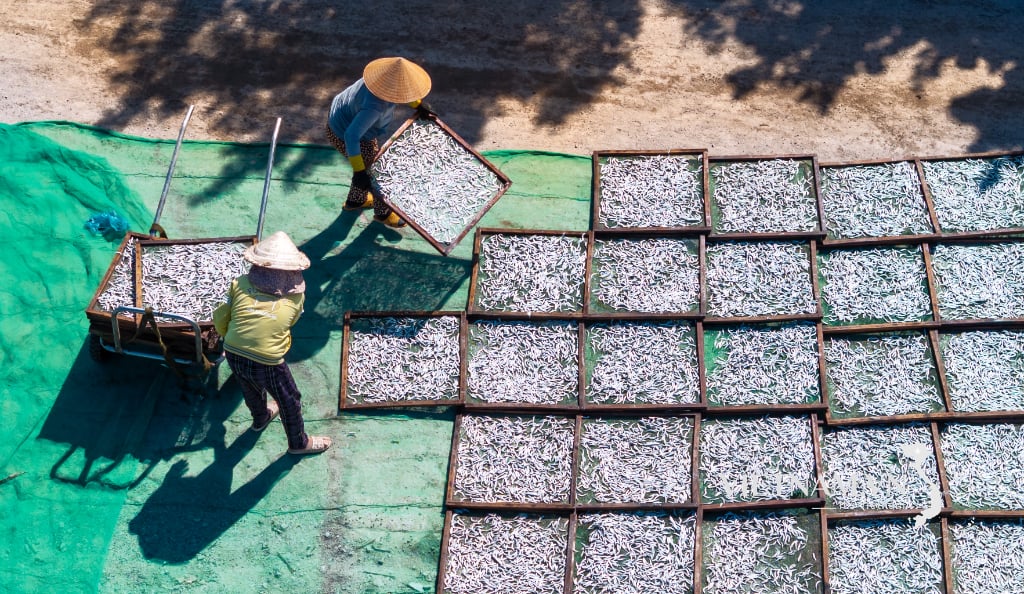
Comment (0)